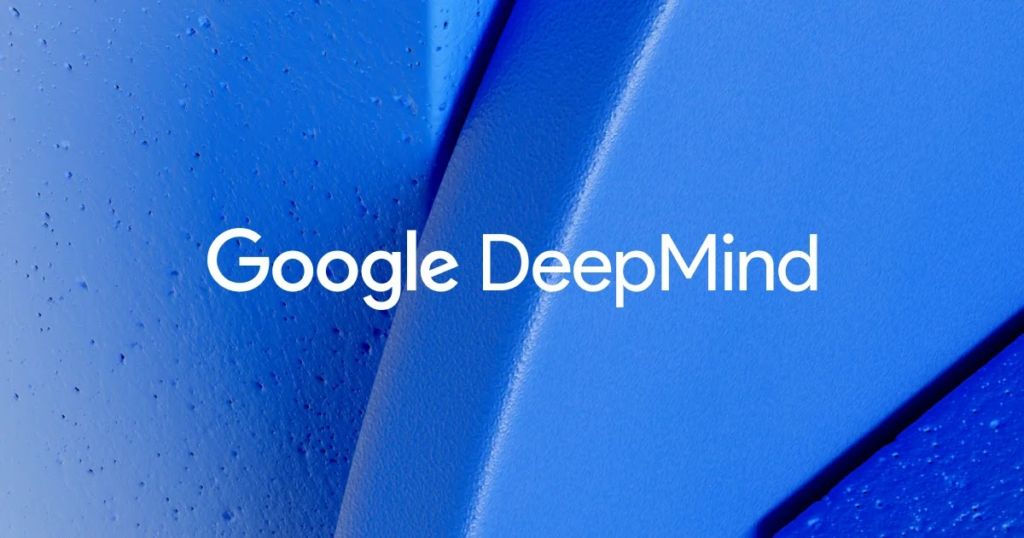AI is making waves, not just in digital content creation, but also in the medical field. Google’s AlphaFold software is a prime example.
AlphaFold, a product of Google DeepMind and Isomorphic Labs, can predict protein folding. It has cataloged 200 million proteins. Researchers have used it for breakthroughs in malaria vaccines, cancer treatments, and enzyme designs.

Protein shape is key to drug creation. AlphaFold 3, the latest version, can model DNA and other molecules. It can map drug-disease interactions, potentially leading to new research avenues. Google claims it’s 50% more accurate than previous models.
AlphaFold 3 expands beyond proteins to other biomolecules. This could accelerate drug design and genomics research. It could also help answer questions about how proteins respond to DNA damage.
Before AI, protein structure study was complex. Machine learning simplifies this by predicting protein shapes based on amino acids. AlphaFold 3’s advancements include the use of diffusion models, which are key to AI image generators. This sharpens the molecular structures it generates.
AlphaFold 3 is a significant step forward. It’s crucial for drug discovery, as it shows how a molecule binds to a drug. It uses a color-coded scale to indicate prediction confidence.
AlphaFold 3 is free for non-commercial research. However, it’s not open-source. Despite this, its structure prediction performance impresses experts.
Looking ahead, Isomorphic Labs is partnering with pharmaceutical companies to apply AlphaFold 3 to real-world drug design.

